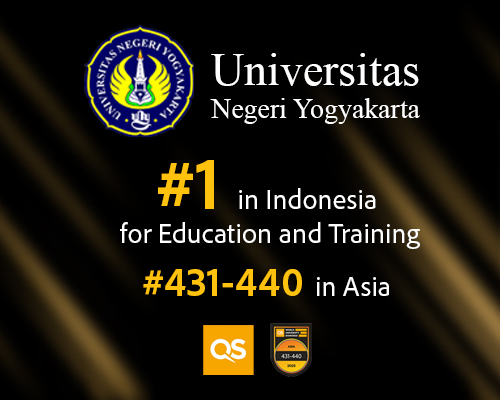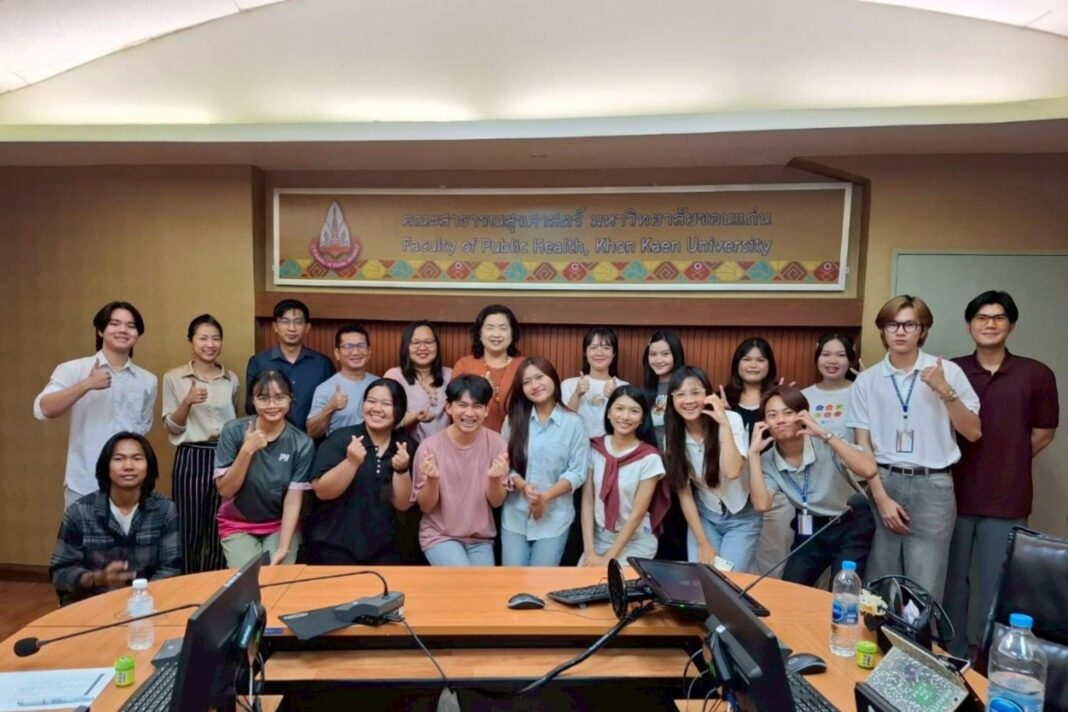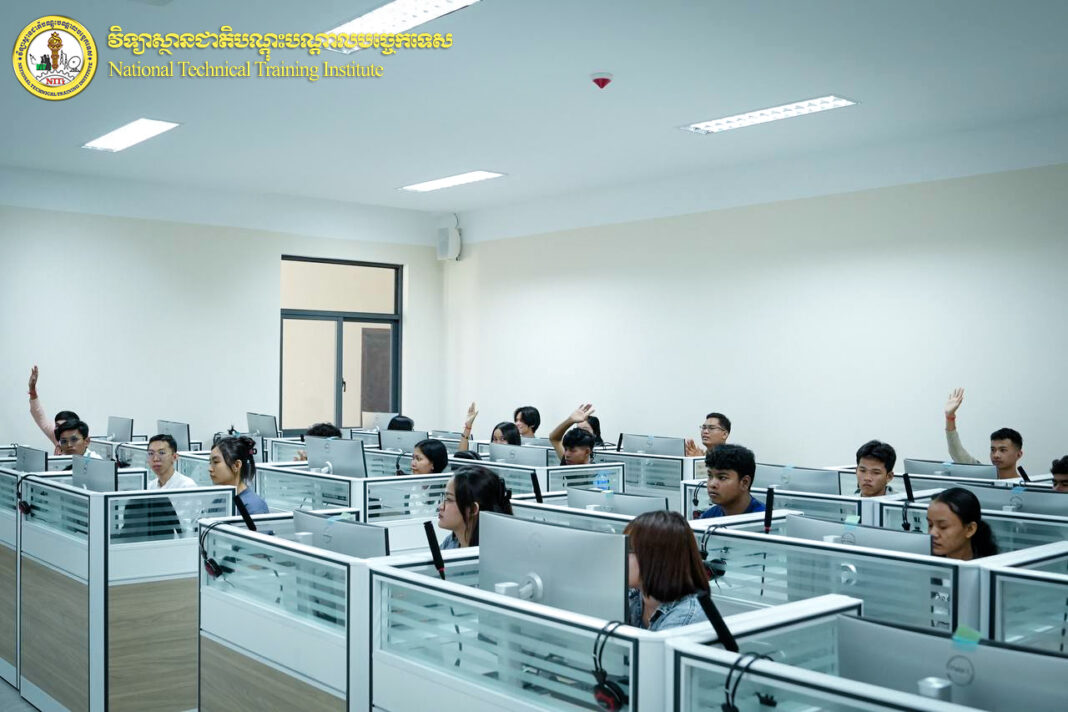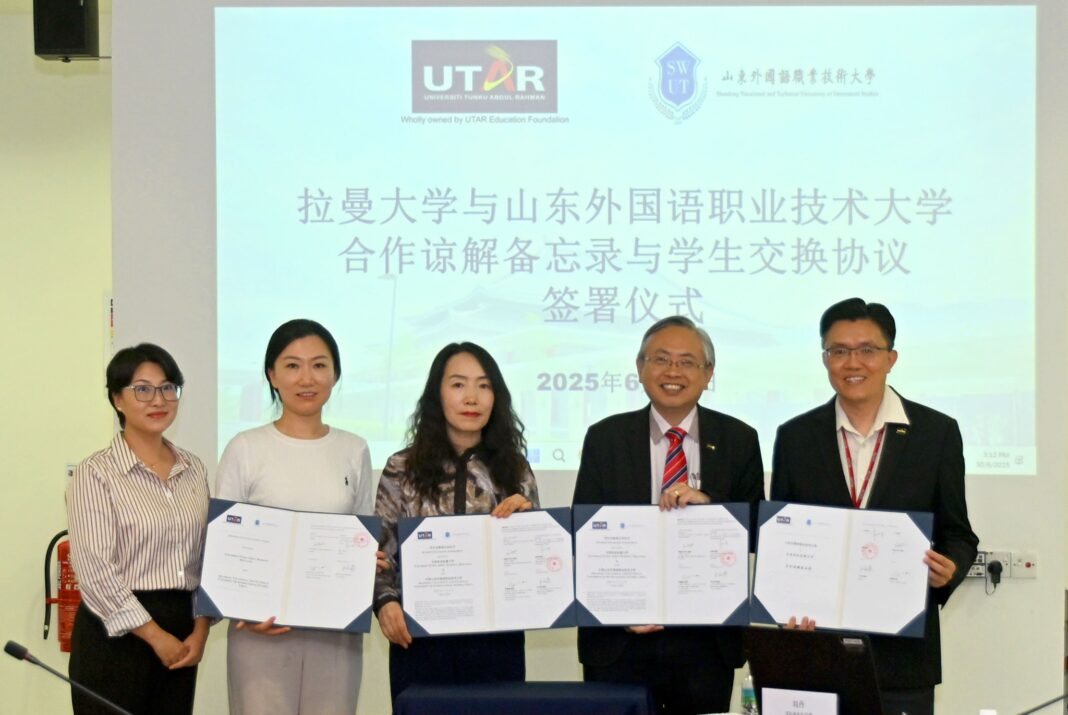Have you ever wondered how international student exchanges shape the next generation of public health professionals? A recent collaboration between Thai and Chinese universities demonstrates exactly how cross-cultural learning experiences can transform students’ perspectives while strengthening global academic partnerships.
KKU’s Faculty of Public Health Student Exchange Program at YMUN China Creates Lasting Impact
The Faculty of Public Health at Khon Kaen University recently orchestrated an ambitious student exchange program that transported 16 undergraduate students to Youjiang Medical University for Nationalities (YMUN) in Baise, Guangxi Province. This meaningful educational journey, which took place from June 4 to 13, 2025, exemplifies how universities can build bridges across cultures while advancing public health education.
Strategic Partnership Drives International Learning Initiative
The exchange program emerged through careful coordination between the Student Development and Alumni Relations Unit and the International Relations Unit of KKU’s Faculty of Public Health. Meanwhile, the initiative received robust financial backing through the Faculty’s annual international learning support fund, complemented by a generous donation from Mr. Ampol Sirinarakun, who recognized the transformative potential of international educational experiences.
The carefully selected delegation included third- and fourth-year students from diverse Bachelor of Sciences programs: Environmental Health, Occupational Health and Safety, Environmental Health and Occupational Health and Safety (double major), and Public Health. As a result, the group represented a comprehensive cross-section of public health disciplines, maximizing the learning potential for all participants.
Comprehensive Cultural and Academic Immersion
Under the guidance of Assoc. Prof. Dr. Surachai Phimha, Dr. Kritsana Aunthakhot, and Miss Kwunhathai Sintao, the students experienced a meticulously planned ten-day program. The YMUN community, including the Director and Deputy Directors of the Office of International Cooperation and Exchange, extended exceptional hospitality throughout their visit.
The itinerary balanced academic rigor with cultural appreciation. Students participated in traditional “Phu Tai” dance performances to showcase Thai heritage, engaged in Chinese language lessons, and conducted comparative analyses of public health systems between Thailand and China. Furthermore, they explored historical landmarks in Baise and observed cutting-edge laboratory operations at the Baise Center for Disease Control and Prevention.
Student Testimonials Reveal Transformative Impact
The program’s success becomes evident through student reflections. Mr. Watcharanon Noonwong, a fourth-year Occupational Health and Safety student, characterized the journey as both memorable and rewarding, emphasizing the substantial happiness and learning the group experienced. For instance, he expressed deep gratitude to all supporters and described the opportunity as a crucial stepping stone toward their professional futures.
“The exchange helped broaden my views on different healthcare systems. Despite initial adjustments to food and language, I found the experience deeply enriching and inspiring.”
This sentiment from Miss Manatchanan Wankham, a third-year Environmental Health and Occupational Health and Safety student, captures the essence of cross-cultural learning. Similarly, Mr. Matupoom Phuetphian highlighted how the exchange delivered invaluable knowledge in public health, culture, and communication while fostering lasting friendships that strengthen institutional relationships.
Building on Established Academic Foundations
The current exchange builds upon a solid foundation established in 2021 when Khon Kaen University and YMUN first formalized their academic and personnel exchange agreement. This partnership has already facilitated faculty members from YMUN pursuing doctoral studies at KKU’s Faculty of Public Health, Faculty of Nursing, and Faculty of Medicine.
Looking forward, both institutions are planning to expand their collaboration beyond student exchanges. These ambitious plans include joint research projects, academic services, and international publication initiatives that will contribute to global public health knowledge. Such partnerships align with WHO’s emphasis on international cooperation in public health.
Lasting Benefits Extend Beyond Individual Participants
This student exchange program at YMUN China represents more than just an educational trip—it exemplifies how strategic international partnerships can create ripple effects that benefit entire academic communities. The program successfully combined academic learning with cultural exchange, language development, and professional networking. As these students return to Thailand with expanded perspectives and new skills, they become ambassadors for international collaboration in public health. What’s particularly encouraging is how this initiative sets the stage for even more ambitious partnerships, potentially influencing how future public health professionals approach global health challenges with cross-cultural competency and international awareness.





